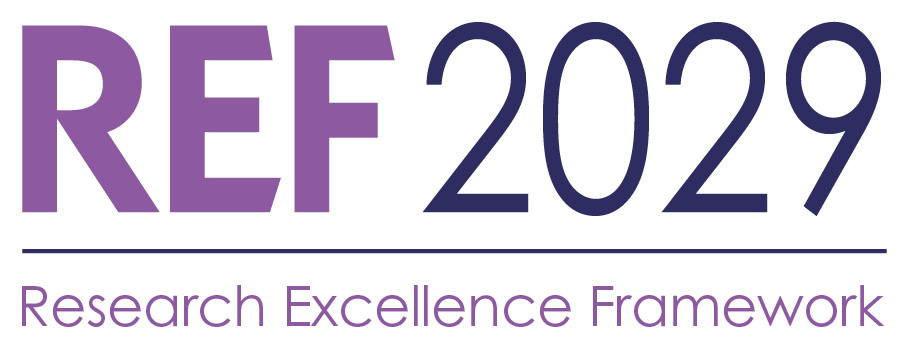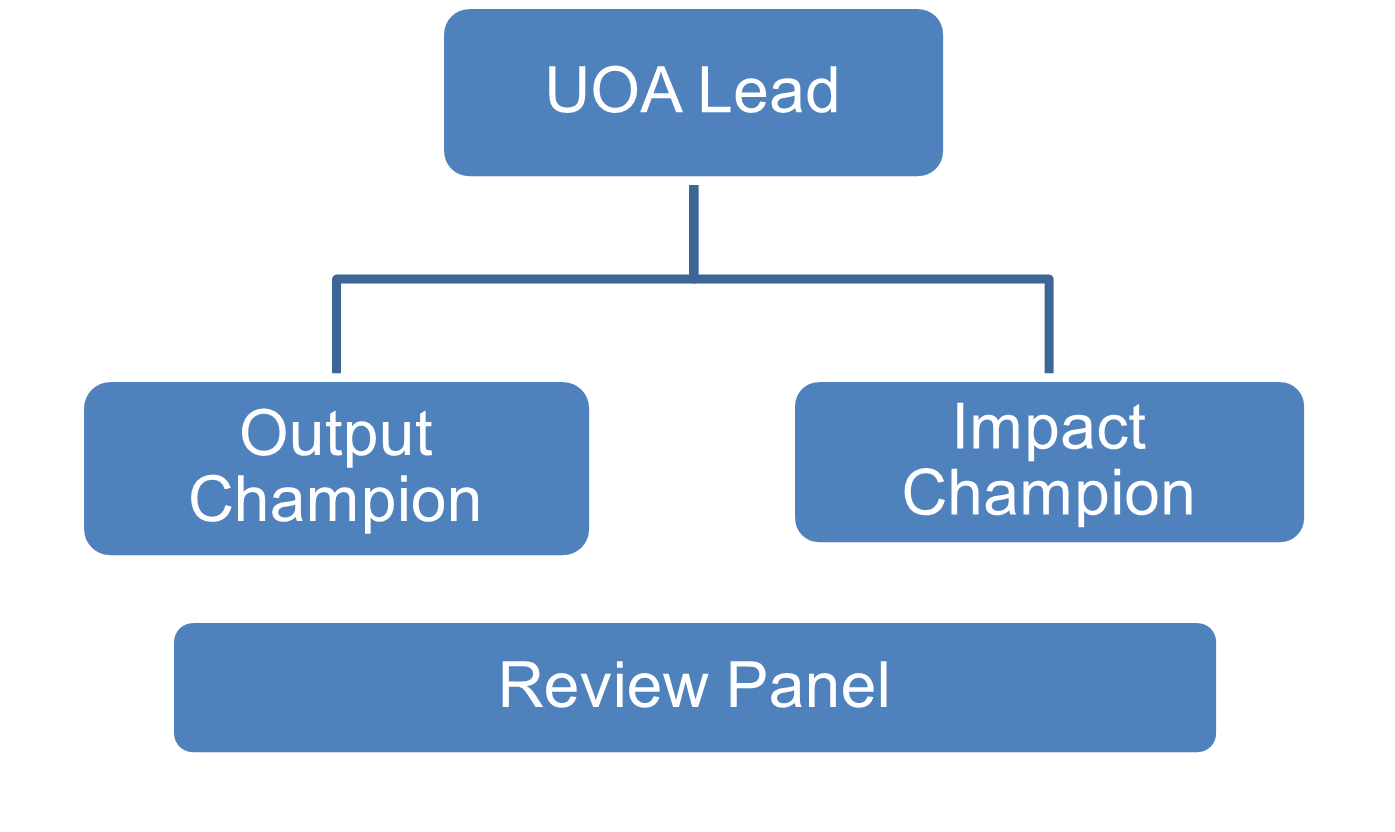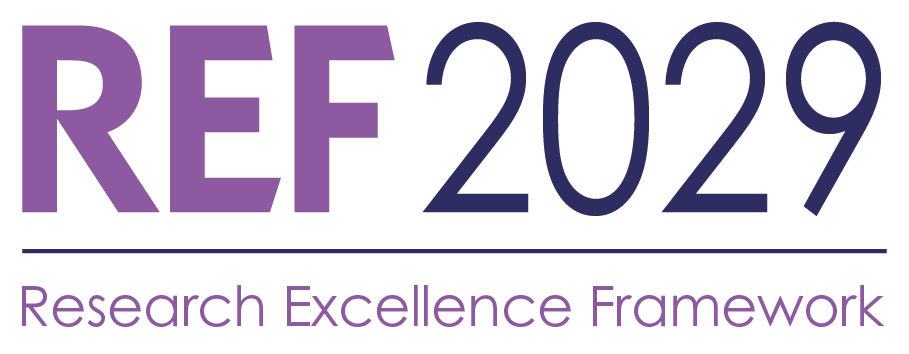The Global Engagement Hub (GEH) team is delighted to launch a series of Global Regional Group Engagement Plans. These documents are the culmination of our engagement with colleagues in five Global Regional Groups (GRGs), where academics and professional services staff come together to share expertise about the region to inform ongoing developments.
Our GRGs meet two to three times a year and are based on five broad global regions: Africa and the Middle East, The Americas, Europe, South and Central Asia, and East and South East Asia and Oceania. The sessions usually involve updates from the Global Engagement Hub and International Marketing and Student Recruitment teams (IMSRT), followed by discussion where academics share their current activities, ask questions and tackle challenges. With more than 60 members across the groups representing all four faculties, the meetings enable connections to be made and synergies to be maximised across BU activities in each region.
Over the last year, during our GRG sessions we’ve run workshops to explore the opportunities and challenges, before inviting members to identify and agree broad goals and a longer-term vision for us all to aspire to in our work with the region. The goals outlined for each region are supported by the International Partnerships and International Mobility operational plans, and the IMSRT country plans. As we move to a new institutional strategy, these global regional engagement plans provide useful context and clear aspirations for how the University can engage globally to enrich society through education, the impact of our research and our contribution to global challenges.
Group members hold deep knowledge and understanding of these regions and can draw on many years of experience working with partners in HE institutions and a range of government, charities, NGOs and businesses. They can articulate how their knowledge and expertise can respond to the regional context, and how BU can have impact on some of the challenges that each region faces. In the Europe GRG, the news last year that the UK has re-joined the Horizon scheme has shaped discussions. Several members of the group are experienced in leading large-scale Horizon funded projects with multiple European partners and collaborators. The group recognised the challenges in bidding for funding at this scale, and this led to the identification of a goal to develop support for a broader range of researchers in their application for and management of Horizon funding.
Sustainability and the environment were common themes running throughout several other GRG sessions. In South Asia the impact of climate change is anticipated to have severe impacts on populations as snowmelt from the Himalayas threatens communities downstream across Pakistan, India and Bangladesh. The group questioned how we can, as BU, respond to this future challenge. In South East Asia and Oceania our academics are already involved in multiple research and education projects with sustainability at the core; the challenge this group set was to find ways to collaborate with the region with as light an environmental footprint as possible.
Student recruitment and staff and student mobility activities are strategically important across all regions. Our students are keen to spend time in North America, and this is driving an interest in developing new partnerships for student mobility in America and Canada. At the same time, there were discussions about how we can create a strong brand presence for BU, so that students in this region, and elsewhere, choose to come and study with us at both undergraduate and postgraduate levels and for short term mobility.
The vision and goals are forward focussed, and in this regard transnational education (TNE) features strongly in the East and South East Asia and Oceania engagement plan. The BU Business School has recently launched a new partnership with British University Vietnam to deliver two BU courses on their campus in Hanoi, Vietnam. Learning from the launch of this new model will be key, and accordingly TNE exploration features in goals for several of the other regions too.
We hope you enjoy exploring these engagement plans as much as we’ve enjoyed working with our GRG members to create them. You can access all five Global Regional Engagement Plans on the new GEH team Sharepoint site.
If you would like to join a GRG or find out more about global engagement at BU, email us at globalbu@bournemouth.ac.uk.

 We are currently preparing submissions to
We are currently preparing submissions to  Would you like to play a key role in supporting preparations for the Engagement & Impact element of BU’s REF2029 submission?
Would you like to play a key role in supporting preparations for the Engagement & Impact element of BU’s REF2029 submission?










 BU attendance at third annual GCPHR meeting in June
BU attendance at third annual GCPHR meeting in June Interactive Tangible and Intangible Heritage Applications – BU student work featured in new book chapter
Interactive Tangible and Intangible Heritage Applications – BU student work featured in new book chapter Second NIHR MIHERC meeting in Bournemouth this week
Second NIHR MIHERC meeting in Bournemouth this week MSCA Postdoctoral Fellowships 2025 Call
MSCA Postdoctoral Fellowships 2025 Call ERC Advanced Grant 2025 Webinar
ERC Advanced Grant 2025 Webinar Horizon Europe Work Programme 2025 Published
Horizon Europe Work Programme 2025 Published Horizon Europe 2025 Work Programme pre-Published
Horizon Europe 2025 Work Programme pre-Published Update on UKRO services
Update on UKRO services European research project exploring use of ‘virtual twins’ to better manage metabolic associated fatty liver disease
European research project exploring use of ‘virtual twins’ to better manage metabolic associated fatty liver disease